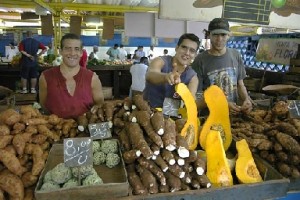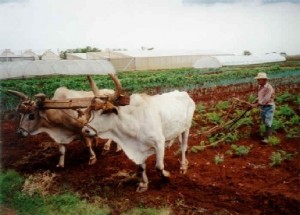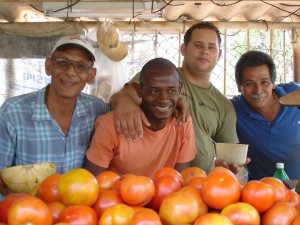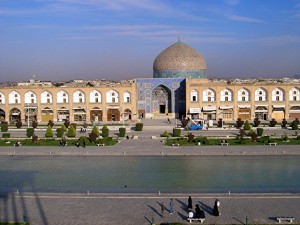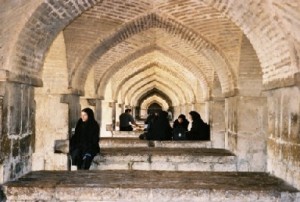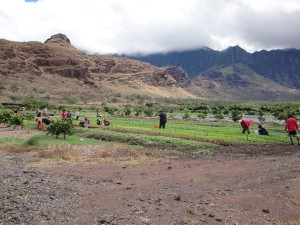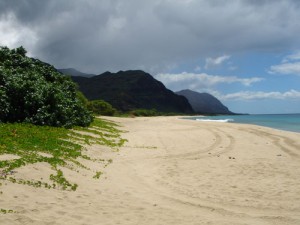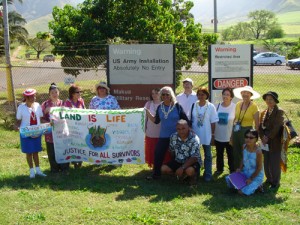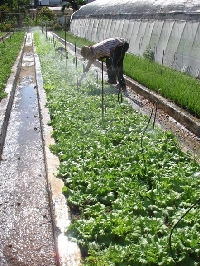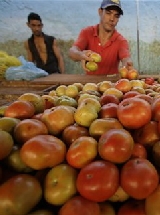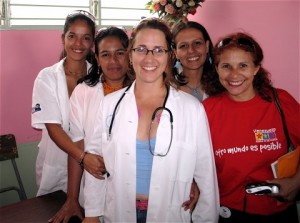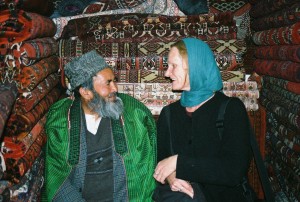Lots going on in Cuba travel news. A few New York Times articles recently covered Cuba travel changes (and Global Exchange!), the Associated Press spoke with Global Exchange’s External Relations Director, and tonight the Travel Channel’s Anthony Bourdain: No Reservations is in Cuba.
—
For more than 20 years now Global Exchange‘s Reality Tours program has promoted important people to people ties between North Americans and Cubans. Our professional delegations, exchanges and licensed educational tours are again increasing in number after the Obama Administration eased some of the travel restrictions and authorized eight new U.S. Airports to offer charter flights to Cuba.
Our External Relations Director Malia Everette was recently interviewed by the Associated Press about the increasing demand for “People to People” Cuba tours that Global Exchange is experiencing for the article US issuing licenses for increased Cuba travel.
A recent New York Times article described one Global Exchange Reality Tour to Cuba:
A hot June sun glared over the Arroyo Arenas organic vegetable garden at the edge of Havana where Ms. Slezak, a 68-year-old retired social worker from Long Island, and 16 other Americans were visiting as part of a “food sovereignty” program organized by Global Exchange, a human rights organization, and Food First, a policy institute.
She and the beans were partly shaded by netting slung over the long trough-shaped beds, but it was hot, damp and sticky. She paused now and then to wipe her forehead.
Sweating in a Cuban field is not everyone’s idea of relaxation, and it is a far cry from the decadent gaiety that drew Americans to Havana before Fidel Castro came to power in 1959. But trips like this are one way of getting to see Cuba, and have just become accessible to most Americans.
Yet another New York Times article described the travel policy changes taking place:
Thanks to policy changes by President Obama earlier this year designed to encourage more contact between Americans and citizens of the Communist-ruled island, the Treasury Department is once again granting so-called “people-to-people” licenses, which greatly expand travel opportunities for Cuba-bound visitors. The new people-to-people measures make it easier for United States citizens who do not have special status as working journalists or scholars to visit Cuba legally, so long as they go with a licensed operator.
What continues to motivate Global Exchange Reality Tour trips to Cuba is how our participants return inspired by their Cuban counterparts and educated first-hand about the tenacity, ingenuity and integrity of the Cuban people. Yes, Global Exchange is also committed to challenging our government to normalize relations with Cuba, but also to build long term relationships between US and Cuban citizens based on respect and real engagement.
In fact this year, Global Exchange is organizing over 20 delegations and have customized another 30 trips to Cuba thus far!
If you’d like to read some insights shared by a recent Cuba Reality Tour participant check out this article written by Linda Slezak which originally appeared in the Slow Food East End newsletter.
Tonight on the Travel Channel: Anthony Bourdain in Cuba!
The premiere episode of the latest season of Anthony Bourdain: No Reservations finds the show in Cuba. Here’s a sneak peek at tonight’s show, this part all about baseball:
Organizations & Institutions: Consider Partnering with Global Exchange
Perhaps you may get inspired tonight after watching the travel channel. As a licensed travel service provider, Global Exchange welcomes working with other organizations and institutions that have their own licenses and would love to develop new partnerships to customize journeys. Email malia@globalexchange.org to get started.
Now is THE time to Travel to Cuba!
With new flights recently cleared for lift off, now is the perfect time to plan your trip. We’d love for you to join us on one of our Reality Tours to Cuba.
The best time to go to Cuba? People who have gone on a Global Exchange New Years trip to Cuba come back…different. In a good way. Like they just went on a trip of a lifetime. To learn more about our New Years trips to Cuba this year, go here.
Save $150 on Cuba Trip: Global Exchange Reality Tours is offering a $150 DISCOUNT when you register for one of our Cuba trips by August 15th, 2011. Simply mention this blog post to receive your discount.
So what are you waiting for? Cuba awaits you.
